When I first came across the writings of Janet Lansbury, my children were already five years old. Initially, I had two thoughts. I knew her advice made perfect sense. I also knew I had done everything wrong. I hadn’t trusted them to find their own way. I had not provided them the best environment for emotional expression. Instead I had been a full-blown helicopter parent.
But to be fair, when I became a parent, I had a full deck of cards stacked against me because I grew up in an abusive household. While none of us want to be exactly like our parents, I did not have a default parenting method to fall back on. So I swung the pendulum to the other side and became the exact opposite of my parents. I became overprotective.
I justified it though. It seemed like the entire world was hovering. Helicopter parents were all over social media. It was considered an acceptable, even responsible, parenting method. I told myself I was fine. I am no different from anyone else. But I intuitively knew something was wrong.
So I worked to build my self-awareness. And I started to see the patterns. My incessant need to hover was directly related to the fears created by my own childhood trauma. I was protecting my kids from the evil in the world (as I saw it). But I didn’t know there was another way. I needed to look at it differently. If I focused on building their self-worth, they would be armed against that evil. I would not have to be hovering over them. They would not only know what to do, but would repel the predators with their self-confidence.
So during the first nine years of my children’s lives, I have learned some valuable lessons about what hovering does to children.
- Children learn they can’t figure stuff out without parental help
- Children forget who they are.
- Children lose their ability to be curious and play.
- Children learn that the world is dangerous.
- Children don’t learn how to say no to you … or to their peers.
For the past few years, I have been working to make changes to my hovering. It is still a work in progress. Honestly, some of the amazing RIE videos have even made me cringe. But I must have respect for my journey as I grow in parenting. And my reality of past abuse is a hurdle that must be overcome gradually with an understanding for my own comfort level. Otherwise, my parental intuition will be clouded with anxiety, and I will inevitably make bad decisions. But slowly, I have learned how to step back my hovering and let my children step out into the world.
If you are a closeted hoverer (or not so closeted), maybe some of these approaches will work for you.
- Build your patience. Recognize that children are not going to do tasks as well or as fast as you can. Add some extra time to those transition times when things get stressful, so that your kids can do everything for themselves. Patience comes with our own awareness. When you feel yourself losing patience while they are hard at work on a task that takes you two seconds, focus on your breathing. Try to breathe at least twenty times before interfering in the process.
- Ask your children lots of questions. This serves two purposes. It gets them back for all the questions they ask you. No, but seriously, it teaches them that you are interested in what they think and who they are. If they ask what you like, ask them what they like. Sometimes, I will refuse to answer until they answer, so they are not tempted to use my response as their own.
- Let your children play. Homework is not the only way children learn. Let them play the craziest games. They don’t have to make sense to you. My kids like to play a made-up game that combines Harry Potter, Pokemon and Minecraft. It takes some bizarre turns. But they are learning, they are expressing themselves, and they are gaining confidence in their own creativity.
- Research age-appropriate methods for allowing your kids to be out of your sight for a few moments. Trips to the public bathroom, playing in the backyard without you and the dreaded sleepover are all milestones that can help. Of course, make sure there are no blaring safety issues. But have discussions with your children about safety and build their confidence to fight back and tell uncomfortable secrets. Tell them the truth that most dangerous adults are not strangers in white vans at playgrounds. They are people the children already know. Your children can handle that discussion (probably better than you can), and it will do much more than hovering can do.
- Allow your children to tell you no. While your children are still primarily focused on their relationship with their parent, it is critical that they be allowed to say no and choose their own way. Of course, this won’t work all the time, but when they can make a choice, let them. If they can learn to respectfully say no to you, they will be able to say no to peers later in life.
Don’t accept hovering as a harmless fad in parenting. Don’t justify it because the world can be a dangerous place. Don’t allow the fact that hovering is commonplace to deter you from making changes. We are responsible for building a generation of confident children, and that won’t happen by hovering. Check your triggers, stay self aware, and let your children step out in to the world and express who they are. Believe me, one day they will thank you for it. And so will the generations to come.
♥
Elisabeth Corey is a survivor of family-controlled child sex trafficking and sex abuse. Her education in social work and personal experiences as a survivor inform her intimate discussion about the biological, psychological, social, and spiritual aspects of trauma recovery, which she discusses on her blog at BeatingTrauma.com and in her new book One Voice: Uniting our Internal Family for Love, Peace and Purpose. She guides other survivors as they navigate life and parenting with private sessions, workshops, and a forum. Elisabeth has recently announced a parenting workshop to help survivors bring awareness to their trauma-induced habits. Sign up at http://beatingtrauma.com/the-7-habits-of-parents-with-complex-trauma/ . She also works with media and organizations through her workshops, writing, and speaking. Follow her on Twitter and Facebook.

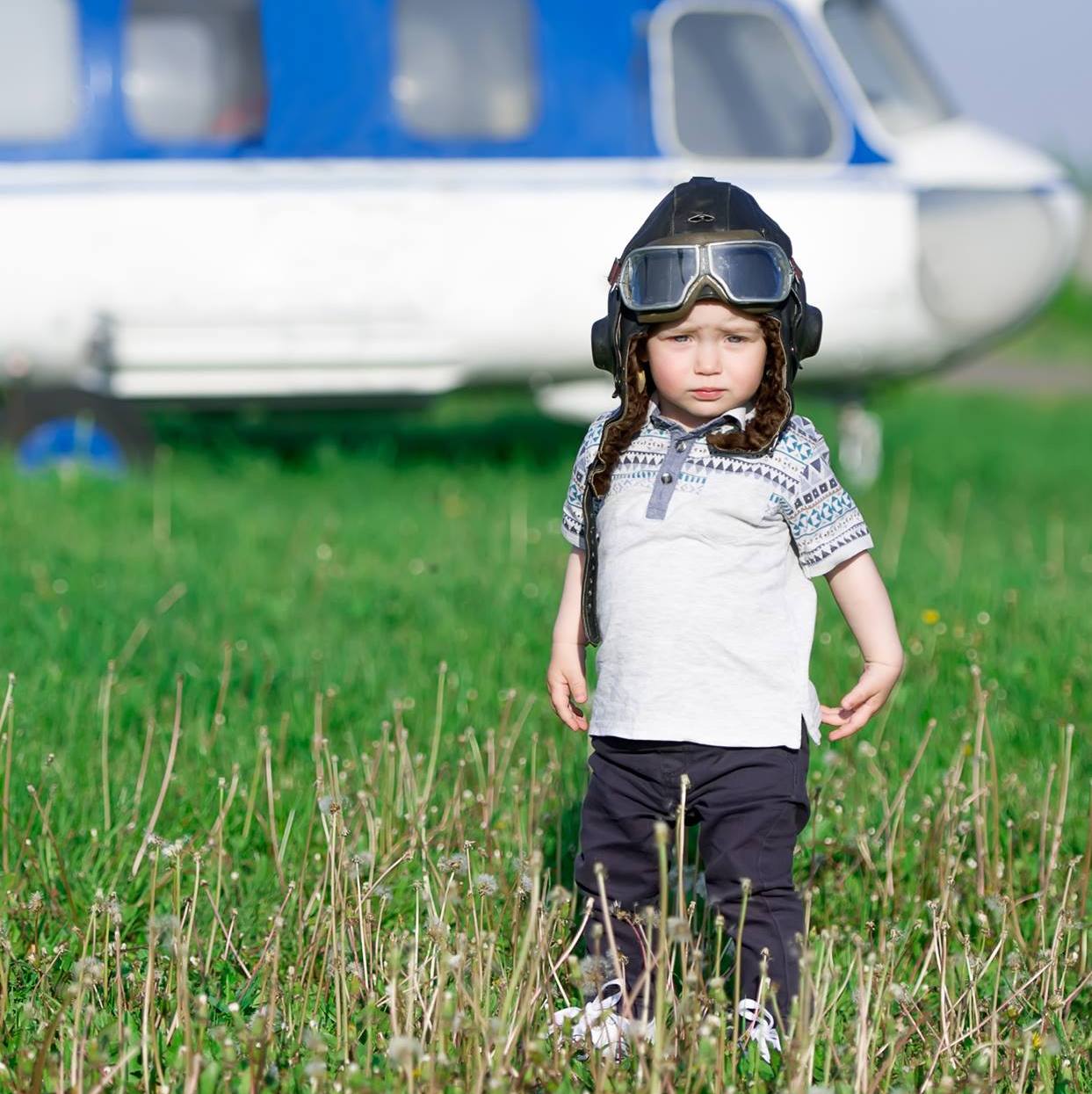

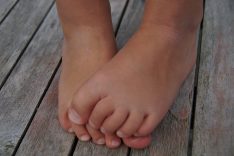


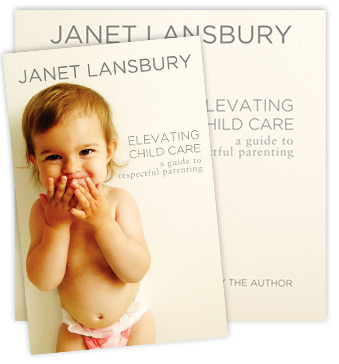

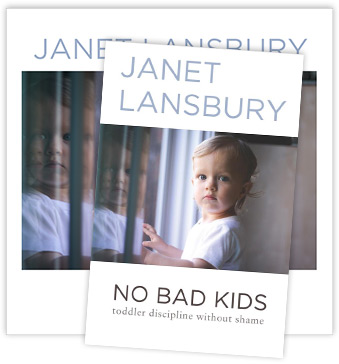


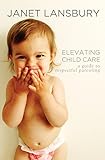
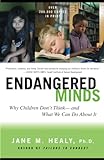

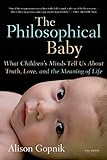
There is so much I love about this piece. I think what I’m most touched by is the compassion Elisabeth expresses for herself as a parent. It’s something I aspire to.
Thank you Elanne. It is so important that we give ourselves a break when we can. Sometimes I am really good at it. Sometimes I forget that I am human too. 🙂
Hi I feel very confused. I think I am,a helicopter parent but I do not want to be. I read your website and I am not sure am I suppose to tell my son I will not let you grab that toy from baby, you have to wait your turn or just let the kids figure it out on their own. Am I suppose to let my boys rough house or stop my oldest from playing roughly with his one year old brother as it might end in the second one in tears. I end up having to monitor my oldest movements all the time and I am especially scared when he goes to play dates. I will hover around as I am scared he will hurt other kids especially when other parents expect kids to share and I have told my son it is ok not to share there are alternatives such as waiting for his turn and exchanging toys. What ends up is my son will be in a tussle with another child who wants the toy and the former will either grab the toy back leaving the latter crying or the other parent does not let my son an opportunity to provide an alternative toy to the child expecting me to ask my son to give back the toy. I am so tired of being a helicopter parent I just want my son to play but I don’t think I have created the right boundaries.
Hi Shay, It can be hard to work out the right thing to do when there is so much turmoil on the inside. I work with parents with trauma to help calm the inner chatter that makes it hard to follow our intuition and let go. As we calm our inner world, decisions become easier to make in the outer world. Feel free to email me any time and we can discuss the situations you are struggling with. I am at beatingtrauma@gmail.com.
Parenting with a history of trauma is something that isn’t being talked about enough. Thank you for this insightful post and supportive guidance
I am SO grateful that I found Janet’s blog when my daughter was a baby (or maybe when I was pregnant.) It has helped me so much. I knew what I didn’t want to do as a parent based on my upbringing but I didn’t know what to do instead. This work resonates with me so much and continues to provide a lot of support for me even now that my daughter is 3.
Thank you Crystal. While I learned a lot from my mistakes, I would have loved to find it sooner. I am so glad you did.
Great post. So many of us are loving, caring parents who sometimes need a little guidance. Reading your comment about children learning that the world is dangerous really hit home. I am an advocate for OCD awareness and recently wrote a post describing how parental anxiety affects our children: https://ocdtalk.wordpress.com/2015/10/04/ocd-and-parental-anxiety/
The good news, of course, is as you say….we can all learn to change our behavior and do better by our children. It just takes some awareness and hard work!
Thank you Janet. I have written several articles on this topic too. There is absolutely a tie between parental anxiety and the anxiety in children. As I have calmed my own anxiety, I have seen dramatic changes in my children.
Thank you so much or this post Elisabeth! Although it’s very confronting for me… it helps a lot!
I had noticed there must be something I do that makes my kids unsure about some things they must be able doing confidently by themselves by now (considering other things they do by themselves). But it made no sense to me why they do it only with some activities and not others. My youngest, almost 4, dresses herself for example, or asks my help, but never makes her own drinks or food. She even panics when I leaves her room to do it herself. Why was that? I couldn’t figure it out.
You post provides me the answer: I’m partially hovering! On the subjects my autistic mother was weird on, like food and drinks, spilling and smudging. Those are obviously still so impending that I can’t give my free range kids space there… oh so sad…!
This is (also) how certain things pass down generations I believe.
I’ll surely use your tips. Thank you so much!
I love your realization here. You are right. This is exactly how they pass down from generation to generation. Your mother’s hovering made you anxious about that area, so you hover too. It is the awareness you have just gained that starts to break the cycle. So congratulations on starting that process. That is awesome.
I shared your website on my Facebook wall. It is my passion to share information that may help a parent become better, and to live life happier especially with their children.
I love this: When the mother does well, the children do well.
Thanks for your website and your work you do! You’re making a difference!
Thank you so much Vicki! We have similar passions. 🙂
We, who are aligned into the Peaceful Parenting mind really need people like you!!!
You are our soul.
You are our passion.
You are our ‘raison d’être’.
We live to reach you and your needs.
We preach to reach your soul.
We understand children.
We understand family.
There is no better time than today.
There is no better time than now.
There is no better time than us together.
There is no better time to let go.
There is no better time to breath and smile.
They are your children and they will become themselves better without you!
Elisabeth,
Great article, thank you. What age were your children when you made the change? My son is two and I only recently found RIE. My (and other caretakers’) hovering during his first two years has led to a child who is very needy and frustrates very easily if he can’t get a toy to do what he wants, for example. I’m just wondering if/how much undoing can be done when the wrong approach was used for so long during such a critical time in a child’s life?
Thank you for your insight, -Sara
Sara, you haven’t done anything wrong. Under 2’s need you to hover as they haven’t yet developed a sense of permanency. You are at just the right age in his life now to begin to give him a little space. He will panic at first as he has to learn that you don’t disappear when you go away. Games like peeka-boo will help him. You would of damaged him if you hadn’t hovered. Just watch a cat with her kittens she will stay with them almost continually until they start to explore and then leave them for really short times after that. You have done the right thing x